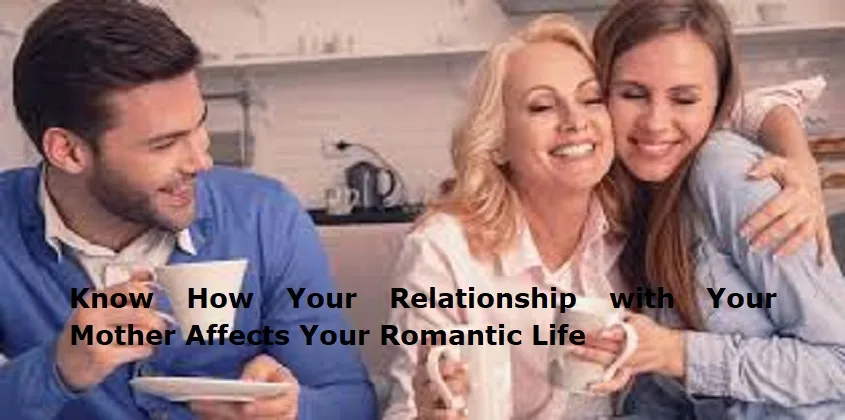
As per experts, our earliest emotional bond is often with our mother. This bond lays the foundation for how we relate to closeness, intimacy, and vulnerability later in life. It subtly shapes the way we give love, the kind we expect in return, and the roles we unconsciously play in adult relationships.
Know ways a person’s relationship with their mother can impact how they show up in love:
If love in childhood was conditional—based on achievements, good behaviour, or emotional restraint—adults may carry a belief that love must be earned. In relationships, this can look like over-giving, people-pleasing, or suppressing one’s needs to feel worthy of affection. Love becomes a task, not a resting place.
Suppressed Femininity or Masculinity:
If the mother held strong judgments around gender roles, self-expression, or emotional vulnerability, the child may suppress key parts of their identity to gain approval. For instance, daughters may disconnect from their sensuality if their mother viewed sexuality as shameful. Sons may feel conflicted about sensitivity if their emotional side was dismissed as weak.
Difficulty Trusting Intimacy:
If the maternal bond involved betrayal of trust, emotional dismissiveness, unpredictability, or criticism, a person may struggle to feel safe in intimate spaces. They might keep emotional walls up, sabotage closeness, or feel suffocated by healthy vulnerability simply because it feels unfamiliar.
Also Read: Know right age for fertility in women
Emotional Triangulation and Role Confusion:
In families where emotional roles are blurred, a child may be emotionally positioned as a substitute partner or “emotional spouse” to the mother. This creates confusion around relational boundaries in adulthood. The person may either avoid intimacy to protect themselves or unconsciously repeat the childhood dynamic.
Guilt Around Choosing a Partner:
In families where the mother maintained emotional authority or held rigid expectations, adult children may experience guilt when choosing partners their mother might not approve of. Even in loving relationships, they may downplay joy or success to avoid triggering emotional distance or judgment from the mother.
Seeking Familiar Emotional Patterns:
What feels familiar often feels safe, even when it isn’t. Adults may unconsciously seek relationships that replicate the emotional tone of their bond with their mother—not because it’s healthy, but because it’s what their nervous system recognises. They may feel drawn to emotionally distant or overly controlling partners simply because it mirrors the emotional circumstances they grew up in.

Post Your Comments